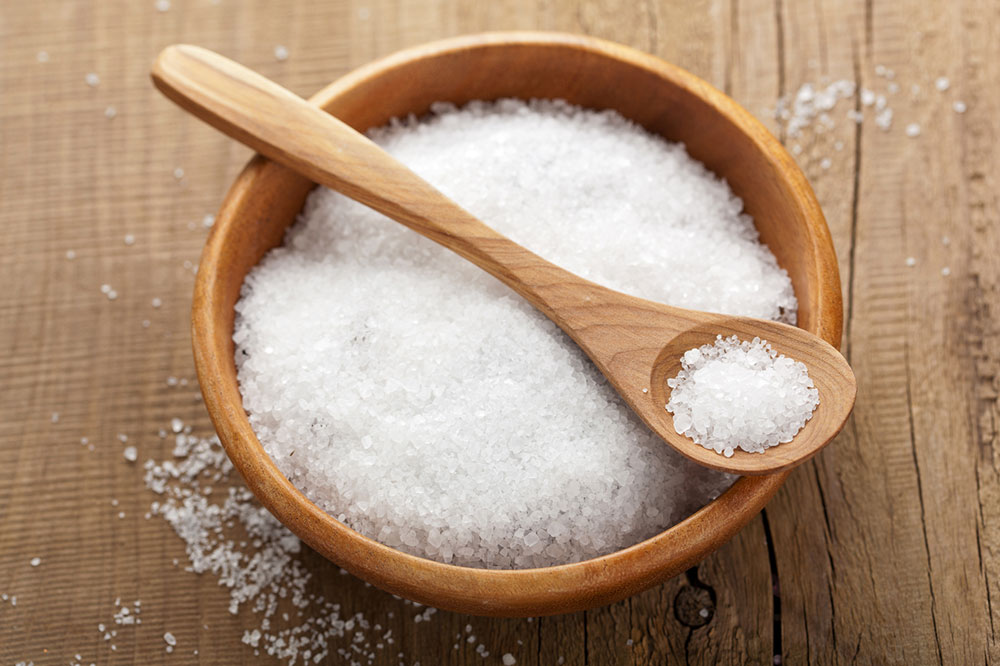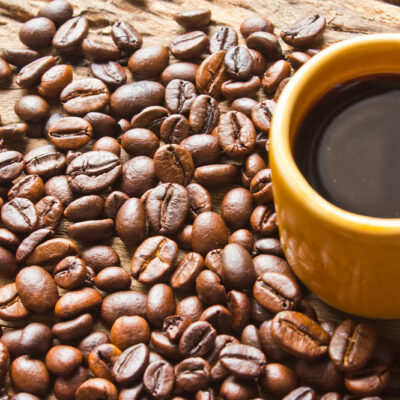
Foods to Eat and Avoid for COPD Patients
Balancing your meals and planning what to eat is a great way to manage your health. Eating a healthy diet will involve making changes in your eating habits. Merely altering food items you consume does not cure COPD, but it does help better your health. Read on to know more about dietary tips for COPD patients.
Foods to eat
1. Opt for complex carbohydrates
Your diet should have the right mix of carbohydrates, such as whole-grain pasta, fresh fruits, bread, and vegetables.
2. Carbs to monitor weight
If you want to maintain weight, you can opt for fresh vegetables and fruits over pasta and bread to make up for your daily complex carb requirement.
3. Healthy fats
One of the essential dietary tips for COPD is having a diet that is rich in healthy fats. Thus, instead of opting for fried foods, you can opt for meals and snacks which consist of good fats like nuts, avocados, coconut oil, coconut, seeds, olive oil, cheese, and olives. These foods offer great nutritional value and are excellent for long term overall health.
4. Fiber-rich foods
Following a study conducted by the American Lung Association, every person with COPD must consume at least 20-30 grams of fiber in their routine. Some excellent fiber sources are fruits and vegetables, lentils and beans, seeds and nuts, and whole grains like oats.
5. Proteins
It would help if you worked together with your medical expert or dietician to determine your daily protein requirement. Several people do not include adequate protein in their diet. Protein is vital for COPD patients, particularly those who exercise to manage their COPD. Some great protein sources to include in your diet are cheese, milk, nuts, and beans.
Foods to avoid
1. Salt
Consuming a high degree of salt or sodium in your diet leads to water retention. This may have a direct impact on your breathing ability. You can replace your daily salt requirement with some unsalted spices and herbs for flavor. Always check the labels before buying any food or snack. Your snack should not have over 300 mg of salt per serving. Moreover, a complete meal should not have over 600 mg of salt.
2. Some fruits
Apples, melons, and stone fruits like peaches and apples cause gas and bloating in some people because of the fermentable carbohydrates in them. This can be problematic for COPD patients. Thus, you should avoid these fruits.
3. Legumes and vegetables
There is an extensive list of legumes and vegetables that cause gas and bloating. However, what matters is finding out what is causing the bloating issues in you. Some of the foods that usually cause bloating are cabbage, beans, cauliflower, brussels sprouts, leeks, corn, onions, peas, and soybean.


